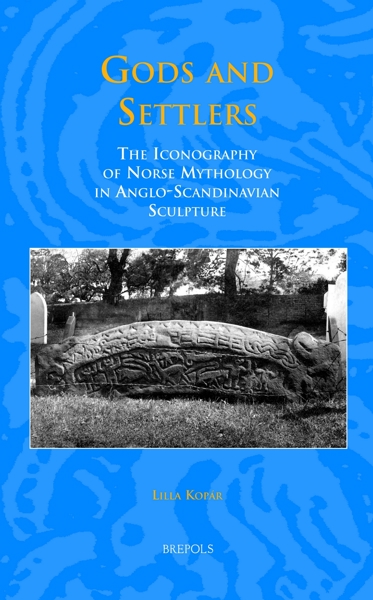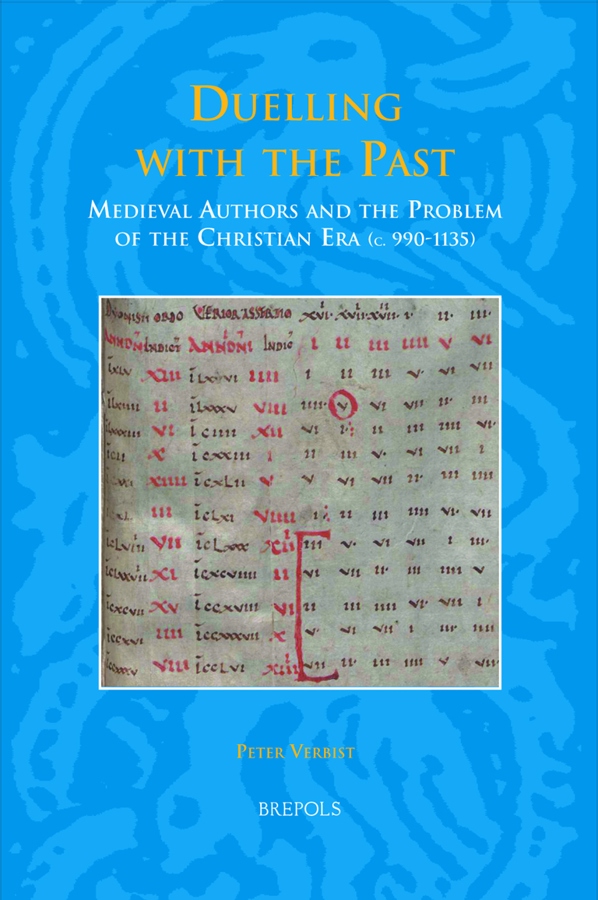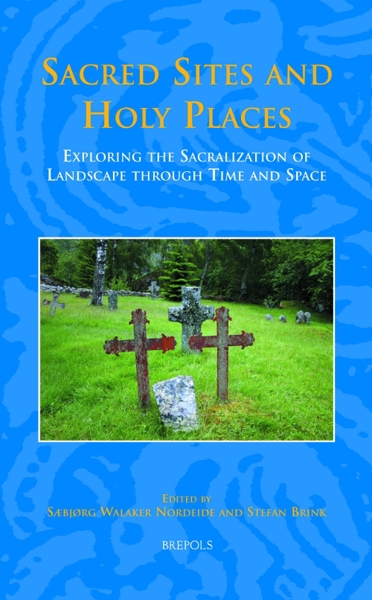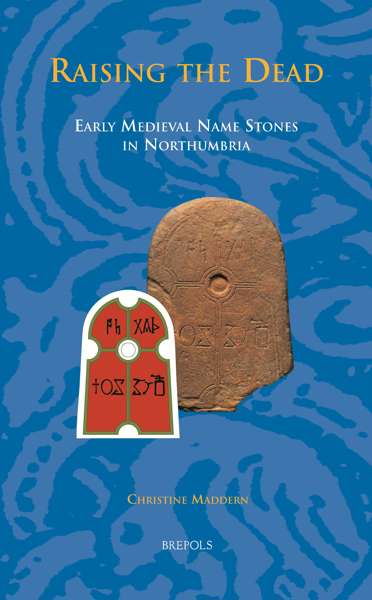
Duelling with the Past
Medieval Authors and the Problem of the Christian Era (c. 990-1135)
Peter Verbist
- Pages: 366 p.
- Size:156 x 234 mm
- Illustrations:69 tables b/w.
- Language(s):English
- Publication Year:2010
- € 75,00 EXCL. VAT RETAIL PRICE
- ISBN: 978-2-503-52073-5
- Hardback
- Available
- € 75,00 EXCL. VAT RETAIL PRICE
- ISBN: 978-2-503-55898-1
- E-book
- Available
An intriguing volume exploring eight medieval authors who each attempted to correct the date of Christ's incarnation according to the Easter tables of the Scythian monk Dionysius Exiguus (c. 540).
"Die Arbeit ist klar und verständlich geschrieben." (E.-D. H., in: Deutsches Archiv für Erforschung des Mittelalters, Bd. 67-1, 2011, p. 261)
"Duelling with the Past will likely be most interesting to specialists in medieval computistics, though the book will also reward scholars who work on medieval theology, philosophy and historiography with many important insights in to how medieval scholars used time as a concept in pragmatic applications." (D. Defries, in: The Medieval Review, 11.02.19)
"Duelling with the Past is an innovative work that offers a valuable insight into the complex, technical world of computus studies in the central Middle Ages. (...) The value and implications of this timely work are profound." (George House, in: Early Medieval Europe, 2012, N° 20 (1), p. 108-110)
"L'ouvrage de Verbist ne manque pas de qualités et ouvre des perspectives sur l'histoire de la pensée critique et de la liberté de pensée." (Michel de Waha, dans: Revue Belgde de Philologie et d'Histoire, 88, 2010, p. 1325-1330)
"(...) cet ouvrage présente un intérêt qui dépasse de loin son propos technique et qui devrait retenir l'attention de tous les médiévistes." (Jean Meyers, dans: Le Moyen Âge, 120 (3-4), 2014, p.798-800)
CONTENTS
Acknowledgements
Introduction
Chapter 1. Heriger of Lobbes (d. 1007)
Chapter 2. Abbo of Fleury (d. 1004)
Chapter 3. Marianus Scottus (d. 1082)
Chapter 4. Gerland the Computist (d. after 1093?)
Chapter 5. Sigebert of Gembloux (d. 1112)
Chapter 6. Hezelo of Cluny (d. 1123)
Chapter 7. Anonymous of Limoges
Chapter 8. Heimo of Bamberg (d. 1139)
Conclusion
Bibliography




